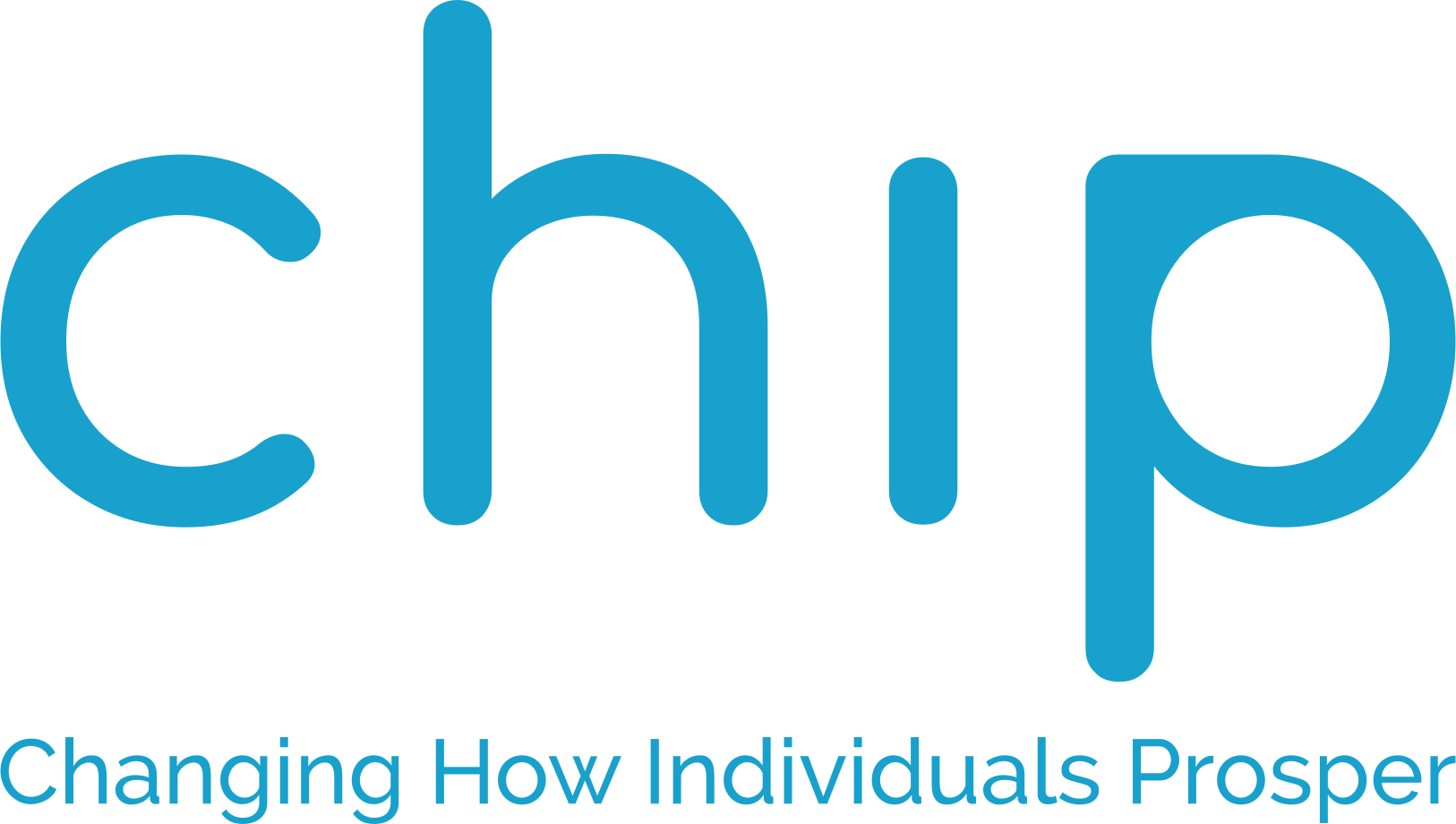Podcasting has become an incredibly saturated medium. With over 5 million podcasts available globally and around 70 million episodes produced, standing out is no small feat. Yet, some podcasts seem to effortlessly rise to the top, creating communities of loyal listeners who eagerly tune in week after week. The secret? It’s not just production quality or star-studded guest appearances—it’s vulnerability and authenticity.
If you’ve been thinking about launching a podcast, or if you’re looking to take your current show to the next level, mastering these two qualities can transform your podcast into a platform people can’t stop talking about. Let’s explore why vulnerability and authenticity resonate so strongly with listeners and how you can infuse these into your own podcast.
Why Vulnerability and Authenticity Matter
There’s no shortage of expertly polished podcasts featuring perfectly prepared scripts and high-profile guests. While such shows are great for information, they often lack the emotional connection that draws people in. At its core, podcasting is an intimate medium. Most of your listeners are tuning in during personal moments—on their morning run, during a quiet commute, or while unwinding after work. That’s why they don’t just want information; they crave connection and relatability.
Vulnerability Builds Trust
When you share your struggles, fears, and failures, you remind your audience that you’re human. Vulnerability helps bridge the gap between “host” and “listener,” making you approachable and trustworthy. For example, sharing personal anecdotes about moments you doubted yourself (and how you overcame them) can make your podcast more relatable, connecting you with your audience on an emotional level.
Authenticity Differentiates You
Your voice—unique, imperfect, and wholly yours—is your superpower. Authenticity separates you from the noise and proves that you’re not trying to be something you’re not. Nobody wants to listen to a podcast that feels fake or rehearsed. Instead, listeners want to feel like they’re in conversation with someone who gets them. Show up as yourself, unapologetically.
Podcasts That Get It Right
Some of the most successful podcasts thrive on vulnerability and authenticity. Take “On Being with Krista Tippett,” where she deftly asks open and heartfelt questions, creating profound yet accessible conversations. Or consider podcasts like “The Guilty Feminist,” where host Deborah Frances-White candidly discusses her insecurities and imperfections, endearing her to listeners across the globe.
These shows prove that leaning into your true self isn’t a weakness—it’s a strength. And contrary to what you might think, you don’t need millions of followers to succeed. If you’re speaking authentically, even a small audience can lead to meaningful engagement.
5 Ways to Add Vulnerability and Authenticity to Your Podcast
Wondering how to infuse your own podcast with authenticity and vulnerability? Here are five actionable ways to create stronger connections with your listeners:
1. Share Your “Why”
Why did you start your podcast? What motivates you to share your voice? Was it to inspire others, provide a unique perspective, or work through your own experiences? Sharing your podcast’s purpose gives listeners a reason to connect with you on a deeper level beyond the content itself.
2. Tell Personal Stories
Listeners love storytelling—it humanizes your content and makes it memorable. Whether it’s a funny mistake you made at work or a pivotal moment in your life, your audience will resonate more with your show if they feel like they’ve had a glimpse into your world.
For example, if your podcast focuses on career growth, talk about a time you bombed an interview and what you learned from that experience rather than sticking to generic advice.
3. Keep It Unscripted (But Planned)
Perfection can feel alienating, so don’t be afraid to leave in moments when you stumble over your words or laugh at your own jokes. Strike a balance between structured planning and natural flow to help your podcast feel more authentic. Outline key points you want to cover but allow space for organic conversations to develop.
4. Acknowledge Your Audience
Engagement is key. Take time to shout out listeners who’ve sent in questions, shared feedback, or supported your show. This not only builds a sense of community but reinforces that you see and value your listeners.
For example, you can bring authenticity into a Q&A episode by candidly thanking your audience for their insightful questions and sharing how their feedback has been instrumental to your growth.
5. Be Honest About Your Challenges
If producing your podcast feels overwhelming or you’re in between workshops and episodes, say so. Being honest about challenges (and how you’re navigating them) paints a realistic picture and helps your audience see you as relatable rather than unreachable.
Vulnerability and Authenticity are the New Metrics of Success
There’s a myth that vulnerability and authenticity are risks—that by revealing too much, you’ll alienate your listeners or turn off potential sponsors. But the truth is, these qualities foster deeper connections that keep people coming back. Podcasts that lean into vulnerability and authenticity become more than just audio shows—they transform into spaces of trust and belonging.
By being real, you’ll attract a tribe of listeners who aren’t just tuning in; they’re rooting for you. And while authenticity connects you with your audience, vulnerability deepens that connection, turning casual listeners into lifelong fans.
Take Your Podcast Further
Want more guidance on how to stand out in the crowded podcasting world? At Cultural Coins, we understand the power of honest storytelling and the importance of elevating diverse voices. Schedule a free consultation with our team to refine your podcast’s focus, amplify your unique voice, and cultivate community among your listeners.
Your voice matters—and the world is waiting to hear it. Start creating unforgettable episodes today.
